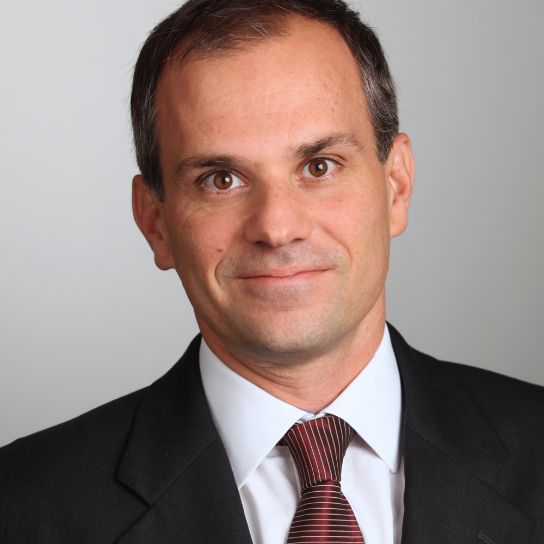Responding to the news that Austria has now ratified the Protocol to the Unified Patent Court (UPC) Agreement, meaning the new court could be as little as eight months away, Herbert Smith Freehills Partner Sebastian Moore says, "The stakes are high, because the UPC will have the power to order pan-European injunctions and/or damages, and also to revoke patent protection across much of Europe in a one-stop-shop."
The General Secretariat of the Council of the European Union declared that the Protocol on Provisional Application of the UPC Agreement entered into force on 19 January, 2022, after Austria deposited its instrument of ratification of the Protocol, giving legal capacity to the court and allowing the provisional application period to commence.
The final practical preparations for the new court system can now be made, safe in the knowledge that the UPC will commence. Work will include the setting up of the functional committees which will run the new court system, the recruitment and training of judges, the practical arrangements for the new court locations and finalisation of the UPC Rules of Procedure.
"The size of the combined market which can be affected by litigation in the UPC is likely to cause businesses to reassess the risk-reward ratio for enforcement of patent portfolios where previously it may not have been thought worth the time and money to enforce European patents individually in many jurisdictions in parallel. While some patentees may choose to opt their European patents out of the new system, businesses that do so will still be at risk of being drawn into the UPC as a defendant to infringement proceedings and could end up facing a claim for a pan-European injunction and/or damages. This development is not just something for businesses who have historically been involved in patent litigation to be concerned about either; even those without major patent holdings which might otherwise not feel the new system could adversely affect them, could equally still find themselves on the receiving end of pan-European infringement brought by third parties. Businesses should be acting now to consider the implications of this new system, including whether to opt patents out of the new system and reviewing technology licences-in and licences–out in relation to the impact of the UPC," adds Sebastian.
Herbert Smith Freehills' fully integrated European patent specialist team (based across Dusseldorf, London, Milan and Paris) has been following the development of this new system closely for a decade and we are already advising on immediate queries such as jurisdictional strategies and using the opt-out from the UPC's jurisdiction that is available for a transitional period, as well as key actions to take now on licensing and assessing the threat posed by competitor patent portfolios.
For more on these issues and how the UPC and UP system will work, see Herbert Smith Freehills' dedicated UPC and UP Hub.

